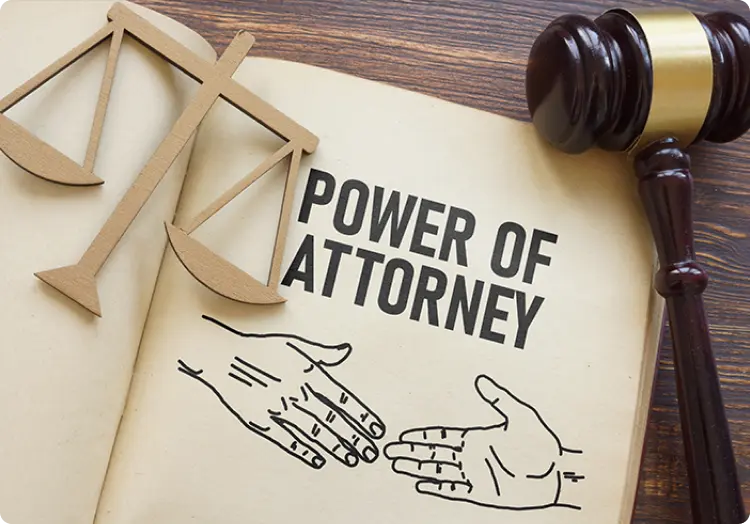What is a 1099-K?
Form 1099-K is basically an IRS information reporting form. The form contains information, for your tax return, about the gross amount of payment transactions that you had on a third-party payment network when that amount exceeds $600 in the previous year. Companies that are required to send a 1099-K provide a copy to you, and to the IRS.
When will you receive a Form 1099-K? If you received more than $600 in payments for goods or services through third-party payment network transactions in 2022, you should receive a Form 1099-K by January 31, 2023.
When you receive the Form 1099-K, you will want to make sure that it matches the information that you have in your records. If there are any problems with your 1099-K (e.g., the amounts listed don’t belong to you or other information on the form is incorrect), you should contact the third-party payment network that sent the form. They might be able to issue a corrected 1099-K.
Small businesses and the companies that handle their electronic transactions are not the only ones upset at a new law requiring more tax reporting.
So are the people who use sites like Facebook Marketplace or eBay to occasionally sell a few items.
These casual sellers are concerned that their not-for-profit transactions might end up in the Internal Revenue Service database, forcing them into unwanted additional dealings with the tax collector.
New transaction trigger trouble: The problem is the new $600 per sale trigger that replaced the previous 200 transactions or $20,000 in aggregate sales. Now third-party agents who handle these deals must send the sellers a 1099-K form, copying it to the Internal Revenue Service.
As noted in my previous post on potentially smaller tax refunds next year, the change was designed to ensure that businesses report all their income. They have more incentive to do so when they know the IRS has a record of their earnings.
The argument for the lower sales amount 1099-K trigger was that since the IRS didn’t have this backstop as e-commerce transactions increased, Uncle Sam was missing out on lots of legitimately due tax dollars from these transactions.
Personal transactions generally exempt: But the $600 from $20,000 (or 200 total transactions) has generated a lot of complaints and confusion. One big concern is that some sellers will hit the sale amount requiring issuance of the tax reporting form, but not actually make money on the transaction.
This would be the case for casual sellers who dispose of personal items using Facebook Marketplace, Venmo, PayPal, or eBay. Here’s an example —
Jane is converting her grown child’s bedroom into a multimedia room. She sells the youngster’s bedroom set on eBay for $700. But that’s $300 less than the grand Jane paid years ago for the then-new furnishings. She wasn’t looking to turn a profit. She just wanted to clear out the unused furniture and make a few bucks she could put toward the room’s transformation.
Essentially, Jane and others like her use the electronic market in place of a traditional garage sale, where receipts for old household goods typically are not taxable. But if they get a 1099-K for a transaction that’s not taxable, they’re left dealing with the IRS at tax filing time.
Giving the IRS the correct info: While collection is a major part of the IRS’ job, even it says you should only pay tax on earnings that are, well, taxable. Sales of personal items at a loss are tax-free.
But some who get a 1099-K might not be familiar with the nuances of the tax code. If they get an official tax document they might include the amount on their return even though they don’t owe on tax on the reported proceeds, either out of a commitment to following tax law or IRS audit fear.
So that doesn’t happen to those who don’t owe, the IRS addresses various payment situations and exceptions on its special 1099-K frequently asked questions page for individuals, an excerpt of which is shown below.
Click the + signs on the page (not on the image above) for elaboration. But here are some highlights.
One of the most popular uses of third-party payment applications is for splitting costs of personal purchases. The IRS emphasizes these transactions from friends and relatives, made as personal gifts or reimbursements for personal expenses such as a shared meal, are not taxable.
If you get a Form 1099-K in these nontaxable personal transaction instances or other situations, such as Jane’s furniture sale, and get an incorrect Form 1099-K, contact the issuer for a correction.
If the company doesn’t fix the error, then report the correct amount on your Form 1040. Attach an explanation to your tax return explaining how you are correctly reporting your income, despite the info on the 1099-K copy the IRS received.
You also might want to dig out photos or purchase receipts of the personal property that you sold, just in case the IRS asks for more confirmation.












Recent Comments